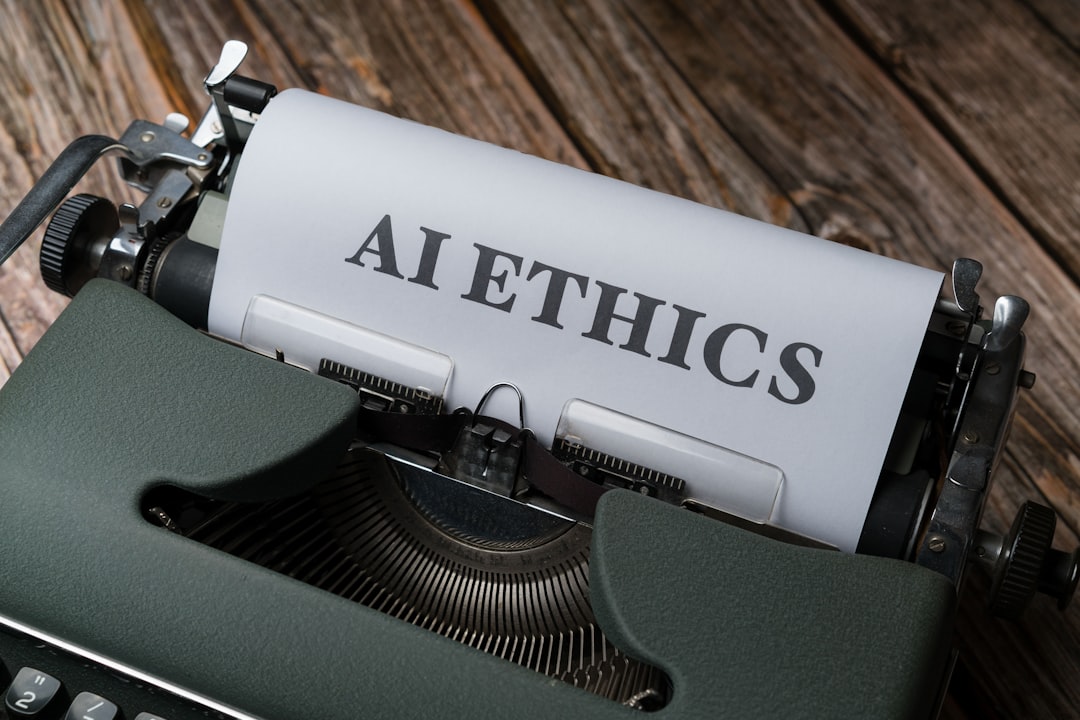Understanding Ethics: Principles, Theories, and Applications
Ethics is a branch of philosophy that deals with questions about what is morally right and wrong, good and bad, fair and unfair. It serves as a guiding compass for human behavior, influencing decisions in personal, professional, and societal contexts. Both individuals and organizations grapple with ethical dilemmas, making the study of ethics integral to understanding and improving human coexistence.
What is Ethics?
The term “ethics” originates from the Greek word "ethos," which means character or custom. Ethics is primarily concerned with moral values, principles, and rules that govern human conduct. While often used interchangeably with "morality," ethics usually refers to the formal study or philosophy of what is right and wrong, whereas morality pertains to the actual content of right and wrong as accepted by a society or individual.
Major Branches of Ethics
Ethics covers various subfields, each focusing on specific aspects of moral thought:
| Branch | Focus | Example Question |
|---|---|---|
| Normative Ethics | Standards for right and wrong actions | "Is lying always wrong?" |
| Meta-Ethics | Nature and meaning of moral judgments | "What does 'good' really mean?" |
| Applied Ethics | Application of moral principles to practical issues | "Is euthanasia morally permissible?" |
| Descriptive Ethics | Describes how people behave and what moral standards they have | "How do moral beliefs differ across cultures?" |
Major Ethical Theories
Multiple frameworks have been developed to approach ethical questions. The three classical theories are:
1. Consequentialism (Utilitarianism)
Consequentialism holds that the rightness or wrongness of actions depends on their outcomes.
- Utilitarianism (popularized by Jeremy Bentham and John Stuart Mill) is the best-known form. It states that actions are ethical if they promote the greatest happiness for the greatest number.
| Example Situation | Consequentialist Judgment |
|---|---|
| Telling a harmful truth | Wrong if it causes more harm than good |
| Charity donation | Right if it reduces suffering and increases happiness |
2. Deontological Ethics
This theory emphasizes duties and rules. Immanuel Kant is one of the most prominent deontologists.
- Actions are morally right if they adhere to established rules or duties, regardless of outcome.
| Example Situation | Deontological Judgment |
|---|---|
| Telling a lie | Wrong because honesty is a duty |
| Breaking a promise | Wrong regardless of potential benefits |
3. Virtue Ethics
Rooted in ancient Greek philosophy, especially Aristotle, virtue ethics focuses on the development of moral character.
- Actions are ethical if they are what a virtuous person would do in the same circumstance.
| Example Situation | Virtue Ethics Evaluation |
|---|---|
| Refusing to cheat | Demonstrates integrity or honesty |
| Helping a neighbor | Shows compassion and kindness |
Modern Ethical Challenges
Business Ethics
Companies face ethical decisions daily, from how they treat employees to their environmental impact. Ethical guidelines help organizations avoid harm, build trust, and succeed long-term.
Medical Ethics
Issues like patient confidentiality, informed consent, and end-of-life decisions require balancing individual autonomy, beneficence, and justice.
| Ethical Principle | Meaning | Medical Example |
|---|---|---|
| Autonomy | Respect for patients' rights and choices | Informed consent for surgery |
| Beneficence | Promote the well-being of others | Providing life-saving treatment |
| Non-maleficence | Do no harm | Avoiding unnecessary procedures |
| Justice | Fair distribution of resources | Equal access to care |
Environmental Ethics
Human activity has significant consequences for the planet. Environmental ethics asks us to consider our responsibility to nature, animals, and future generations.
Ethics in Practice: Dilemmas and Decision Making
Ethical dilemmas occur when no option is clearly best or when values conflict. A process for ethical decision making is essential:
| Step | Description |
|---|---|
| 1. Identify Issues | Clearly define the ethical problem |
| 2. Gather Facts | Obtain all relevant information |
| 3. Evaluate | Consider options, using ethical theories and values |
| 4. Decide and Act | Choose the best option and implement it |
| 5. Reflect | Learn from the process and outcomes |
Cross-Cultural Ethics
Ethical norms vary by culture. What is considered acceptable in one society may be abhorrent in another. For instance:
| Practice | Region Where Acceptable | Region Where Unacceptable |
|---|---|---|
| Capital Punishment | Some U.S. states, China | Most EU countries |
| Arranged Marriage | India, parts of Africa | Western Europe, U.S. |
| Animal Testing | U.S., many Asian countries | Norway, Switzerland (restricted) |
The Importance of Ethics
- Guidelines for Behavior: Ethics provide a framework for making consistent, fair decisions.
- Social Cohesion: Shared ethical principles foster trust and cooperation.
- Personal Integrity: Ethical conduct builds self-respect and personal reputation.
- Accountability: Ethical standards hold individuals and organizations responsible for their actions.
Conclusion
Ethics is fundamental to the functioning of society. It helps individuals and organizations navigate complex issues, foster trust, and create a more just world. The diverse ethical theories and principles discussed here provide tools for understanding and addressing both timeless and emerging moral questions.
By continually reflecting on and refining our understanding of ethics, we move closer to living together in fairness, respect, and harmony.
References
- Kant, Immanuel. Groundwork of the Metaphysics of Morals.
- Mill, John Stuart. Utilitarianism.
- Aristotle. Nicomachean Ethics.
- Beauchamp, T. L., & Childress, J.F. Principles of Biomedical Ethics.
